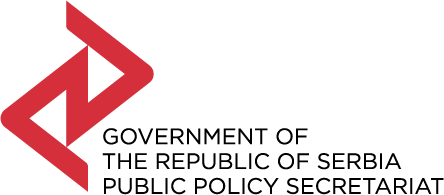The event was organized by the Ministry of Education, Science and Technological Development with the assistance of the Public Policy Secretariat, Ministry of Economy, Chamber of Commerce and Industry of Serbia, Science and Technology Park Belgrade, and the Joint Research Centre of the European Commission. The participants were addressed by Prof. Dr Viktor Nedovic, State Secretary…
At the Science and Technology Park Belgrade on 2 October the ‘RIS3 Serbia event’ was held. The event was organized by the Ministry of Education, Science and Technological Development with the assistance of the Public Policy Secretariat, Ministry of Economy, Chamber of Commerce and Industry of Serbia, Science and Technology Park Belgrade, and the Joint Research Centre of the European Commission.
The participants were addressed by Prof. Dr Viktor Nedovic, State Secretary at the Ministry of Education, Science and Technological Development; Dr Vladimir Suha, Director-General of the Joint Research Centre of the European Commission; Bojana Tosic, Director of the Public Policy Secretariat; Katarina Obradovic Jovanovic, Assistant Minister at the Ministry of Economy; Mihailo Vesovic, Adviser to the President of the Chamber of Commerce and Industry of Serbia, and Dr Jelena Begovic, Director of the Institute of Molecular Genetics and Genetic Engineering.
The event was attended by high representatives of the Government of the Republic of Serbia, European Commission, the business and the academic community.
It was stressed that the Research and Innovation Strategy for Smart Specialisation (RIS3) involved an approach that combined industrial, educational, and innovation policies so that countries or regions could identify and select a limited number of priority areas for knowledge-based investment, focusing on one’s own strengths and comparative advantages.
The course of the process has been presented, as well as initial results of the quantitative and qualitative analysis done with a view to developing the Smart Specialisation Strategy of the Republic of Serbia.
All the participants agreed that establishment of a better cooperation between the science and the business sector was vitally important, both during the development and later during the implementation of the strategy in order to be able to identify areas in which the Republic of Serbia possesses a critical quantity of knowledge, capacities, and competences, and in which there is innovation potential for a position on global markets.
On the occasion it was announced that several workshops would be organized in the forthcoming period so as to develop the public-private dialogue that would contribute to the quality of future public policy measures.

